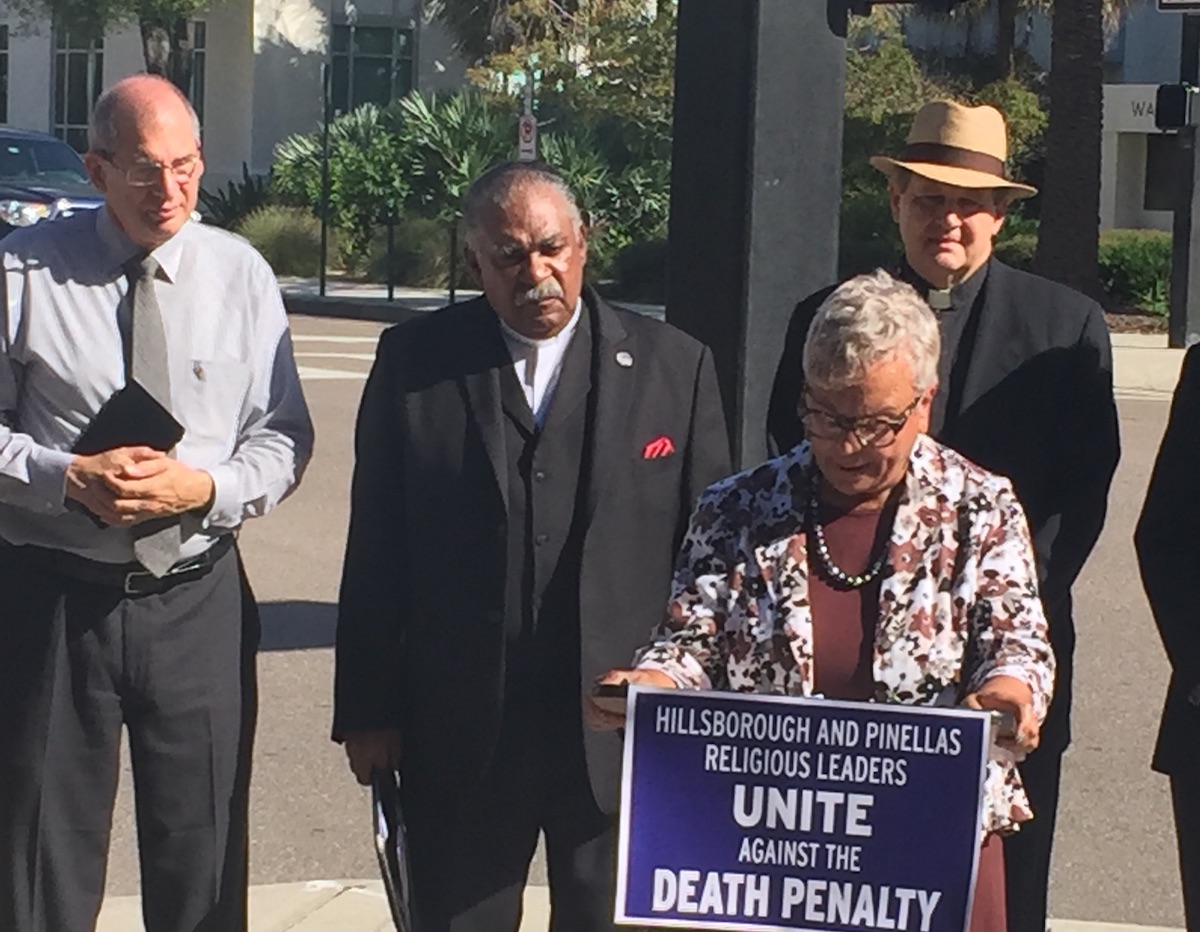
Last month, the Florida Supreme Court ruled that death row inmate Timothy Hurst is entitled to a new sentencing hearing because the jury in his case was not unanimous in recommending a death sentence. The Court held that both the Florida and U.S. Constitutions require a unanimous jury recommendation of death to be able to sentence someone to death.
This decision leaves Florida without a valid death penalty statute. After the U.S. Supreme Court struck down Florida’s death penalty statute in January 2016, the Florida Legislature passed a new statute requiring a 10-2 jury recommendation of death to impose a death sentence. Florida’s current statute fails to meet the constitutional requirement of jury unanimity outlined by the Florida Supreme Court in Hurst.
It is not yet clear what will happen to the almost 400 men and women on Florida’s death row, roughly 3/4 of whom were sentenced to death by non-unanimous juries.
Rather than a source of “justice” or “closure,” Florida’s death penalty results in lengthy trials, appeals, and in many cases reversals. Families find themselves stuck in a seemingly endless legal process, frustrated and angry, and often unable to begin healing. Florida promises an execution, and then families come to learn that this promise is far from certain. That promise remains as uncertain as ever after Florida’s death penalty law was found unconstitutional for the third time—and second time just this year.
Death penalty cases require more attorneys and experts working longer trials and appeals, which together mean higher costs that ultimately must be paid by taxpayers. Despite Florida lawmakers’ promises that they can craft a “workable” death penalty statute, they repeatedly have failed. Hanging onto the death penalty has come at an extraordinary cost – a 2000 study estimated that the death penalty costs Florida an extra $51 million annually.
Plagued by constitutional problems, Florida’s death penalty has resulted in a legal process characterized by uncertainty, high costs, and delays. Most troublingly, the death penalty has put innocent lives at risk, as Florida leads the nation with 26 death row exonerations since 1973. This failed government program has had a negative impact on Florida for too long.



